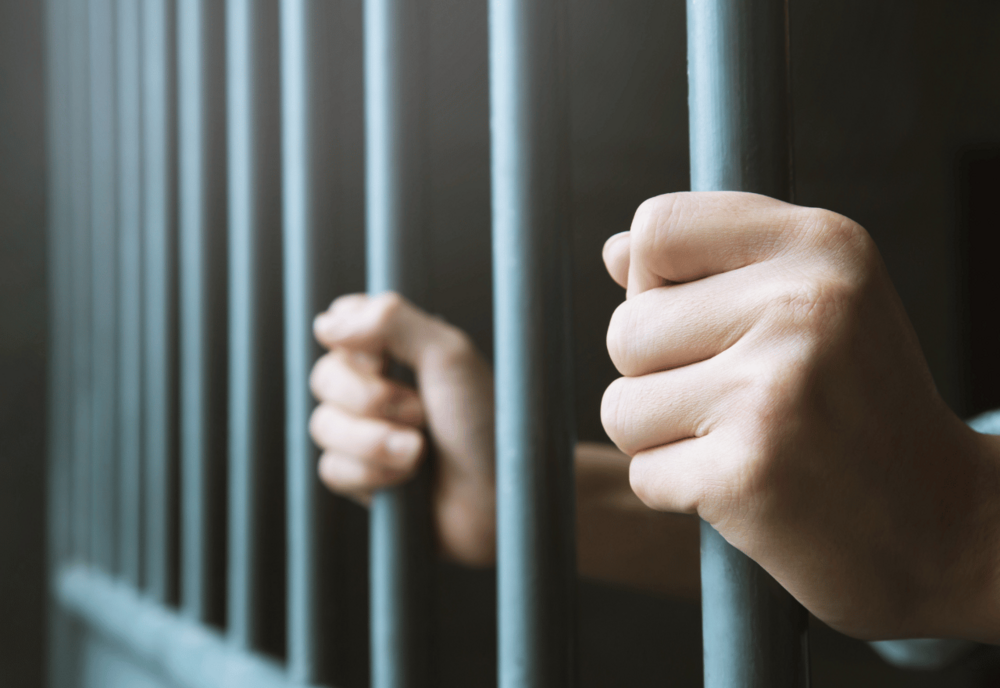State’s gaols "a $2 billion per year failure”
Luke Williams
25 March 2024, 8:20 PM
 Image: Wellington Correctional Centre
Image: Wellington Correctional CentreA new report examining the evidence base for alternatives to prison has found that NSW could significantly reduce reoffending and improve community safety by investing more in community-led programs and services rather than prisons
Alternatives to Incarceration in New South Wales by the Justice Reform Initiative (JRI) says NSW has a “heavy reliance on incarceration”.
Executive Director Dr. Mindy Sotiri said the report highlighted the strong results of community programs that were being held back through underinvestment while more people were being funnelled through the prison system, increasing the chances of future offending.
“Rather than base policies on evidence of what actually works to prevent crime and reduce offending, the major parties have historically turned justice into a political competition, centred around a failed ‘tough on crime’ approach,” she said.
The Justice Reform Initiative – – is calling on the NSW Government to establish a $300 million Breaking the Cycle Fund over four years to boost evidence-based community-led organisations and projects that are successfully breaking the cycle of incarceration and recidivism.

Dr Mindy Sotori. Image: Supplied.
“We are witnessing this short-sighted, kneejerk policy reactiveness in action right now, with proposed changes to bail that will funnel more children into prisons instead of into programs that address the drivers of contact with the justice system.
Government data shows the state currently imprison more adults than anywhere else in the country, costing taxpayers more than $2 billion each year, with a 62 per cent increase in net expenditure on adult imprisonment over the past decade.
28.5 per cent of the prison population identifies as Aboriginal or Torres Strait Islander.
The report comes as NSW Parliament passed legislative changes to amend the Bail Act 2013 to include a temporary additional bail test for young people between 14 and 18 charged with committing certain serious break and enter offences or motor vehicle theft offences while on bail for similar offences.
Under the change, a bail authority such as police, magistrates and judges will need to have a high degree of confidence that the young person will not commit a further serious indictable offence while on bail before granting bail.

The NSW Greens said that, “This ground-breaking report was released on the same day (March 20) that the Labor Government’s controversial new bail laws, that would send more kids to prison, were introduced in the NSW Upper House”.
Greens MP and spokesperson for justice Sue Higginson said “The prison system in NSW is harmful, costly and is failing both the inmates and wider communities. The system is not rehabilitative in fact it functionally destroys the lives of people that come into contact with it, often through drivers that are outside of their control,”
She said “The drivers of crime, disadvantage, poverty and complex trauma, are the issues that must be addressed to prevent people from coming into contact with the criminal justice system. What we categorically do not need, is more law and order solutions that funnel the most vulnerable people into and endless cycle of re-incarceration.
The NSW Government is yet to respond to the report.
Michael Daley. Image: ABC
However, NSW Attorney General Michael Daley has said the youth crime bail laws “The government is aware of concerns about tightening bail laws for young people and it has approached this change cautiously in light of the potentially serious consequences for young people and, in particular, Aboriginal young people.
“This is why the change is time limited and relates to young people who are already alleged to have committed at least one offence while on bail for another relevant offence".



